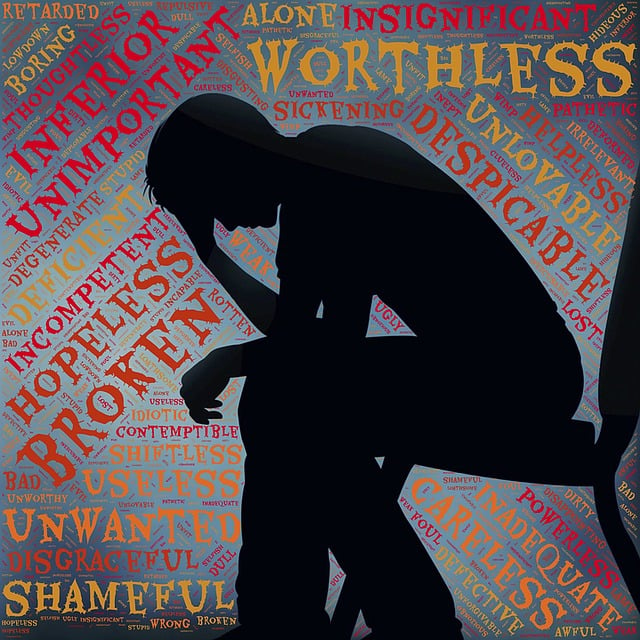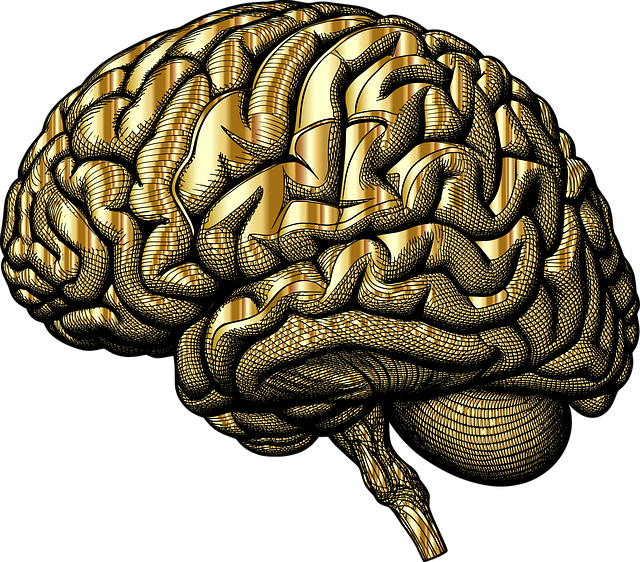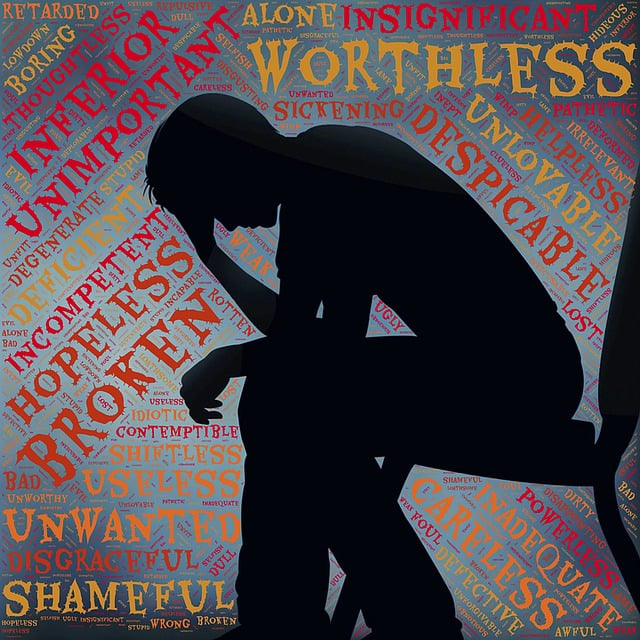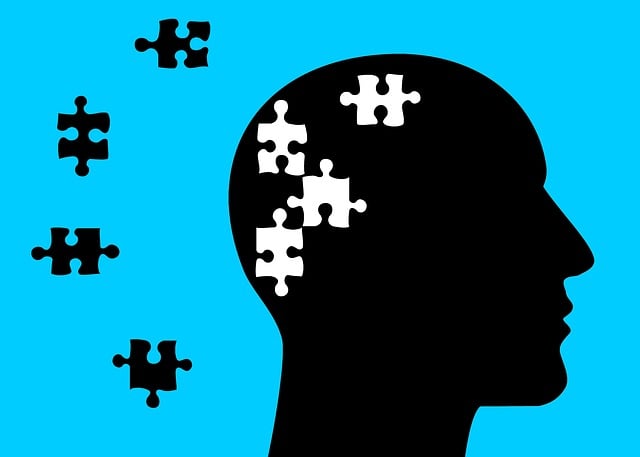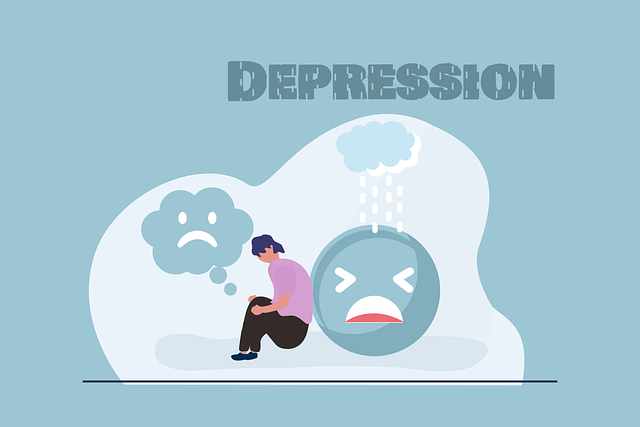Oppositional Defiant Disorder (ODD) in adolescents requires early intervention and a tailored therapy approach, such as Cognitive Behavioral Therapy (CBT). Diagnosis by qualified healthcare providers is crucial, followed by culturally sensitive treatment. Tailored strategies focus on self-care, risk assessment, and coping mechanisms to improve relationships, academics, and overall well-being, ultimately enhancing long-term mental health outcomes for teenage ODD sufferers.
“Unraveling the complexities of mental health, this article offers a comprehensive guide to supporting adolescent teens with Oppositional Defiant Disorder (ODD). We explore effective strategies for diagnosis and navigate the intricate path to tailored therapy. From understanding ODD’s unique challenges to fostering recovery, these insights empower parents and caregivers. Discover how early intervention and specialized treatment can make a significant difference in a teenager’s life, offering hope and healing through evidence-based practices, specifically targeted at managing ODD symptoms.”
- Understanding Oppositional Defiant Disorder (ODD) in Adolescent Teens
- Navigating the Path to Effective Treatment and Therapy
- Supporting Teenagers through the Diagnosis and Recovery Process
Understanding Oppositional Defiant Disorder (ODD) in Adolescent Teens

Oppositional Defiant Disorder (ODD) is a common mental health condition often diagnosed in adolescent teens, characterized by persistent patterns of angry and irritable behavior, defiant attitudes, and frequent arguments with authority figures. This disorder can significantly impact a teen’s relationships, academic performance, and overall well-being if left unaddressed. Recognizing the symptoms early on is crucial for effective navigation towards recovery. ODD manifests as a recurring pattern of hostile or negative behavior lasting at least six months, including frequent temper tantrums, active defiance, and arguments with parents, teachers, or peers.
Therapy for adolescent teens with ODD often involves cognitive-behavioral therapy (CBT), which helps young individuals identify and change negative thought patterns and behaviors. By teaching self-care practices and stress reduction methods, mental health professionals can assist in managing symptoms. Risk assessment is a critical component of this process, ensuring that appropriate interventions are put in place to mitigate potential risks associated with ODD. Effective navigation through diagnosis and treatment involves understanding the disorder, providing supportive environments, and implementing tailored strategies for each teen’s unique needs.
Navigating the Path to Effective Treatment and Therapy

Navigating the path to effective treatment and therapy can be a complex journey, especially for adolescents struggling with Oppositional Defiance Disorder (ODD). This often involves a multifaceted approach that begins with an accurate diagnosis from a qualified healthcare provider. With ODD, early intervention is key; seeking professional help promptly can make a significant difference in a teen’s long-term mental health and well-being.
The process should incorporate therapy tailored to the individual’s needs, such as cognitive-behavioral therapy (CBT), which has proven effective for ODD. CBT focuses on identifying and changing negative thought patterns and behaviors. Additionally, cultural sensitivity in mental healthcare practice is essential, ensuring that treatment methods are adapted to respect diverse backgrounds and beliefs. Encouraging self-care routine development for better mental health can also be a valuable component, empowering teens to take an active role in managing their symptoms. Healthcare provider cultural competency training is vital to ensure professionals are equipped to offer the best care, especially when working with underserved populations.
Supporting Teenagers through the Diagnosis and Recovery Process

Supporting teenagers through their diagnosis and recovery from mental health conditions, such as Oppositional Defiance Disorder (ODD), requires a tailored approach that addresses both their unique challenges and individual strengths. Therapy for adolescent teens should aim to foster self-awareness exercises, helping them understand their emotions and behaviors in a safe space. This process enables teens to begin recognizing triggers and developing coping mechanisms, crucial steps towards managing ODD effectively.
Mental health professionals play a vital role in assessing risks and providing guidance throughout the journey. Through regular sessions, therapists can assist teenagers in building inner strength by teaching them valuable skills for stress management, emotional regulation, and problem-solving. Encouraging open communication ensures teens feel heard and understood, fostering trust and a sense of security as they navigate their recovery.
Mental health support is vital for adolescent teens, especially those diagnosed with Oppositional Defiant Disorder (ODD). By understanding ODD and navigating effective treatment options like therapy, we can foster recovery and enhance the well-being of young individuals. Through compassionate support during the diagnosis process, we enable teenagers to overcome challenges and lead fulfilling lives. Effective therapy for adolescent teens with ODD is a powerful tool in their journey towards resilience and personal growth.
